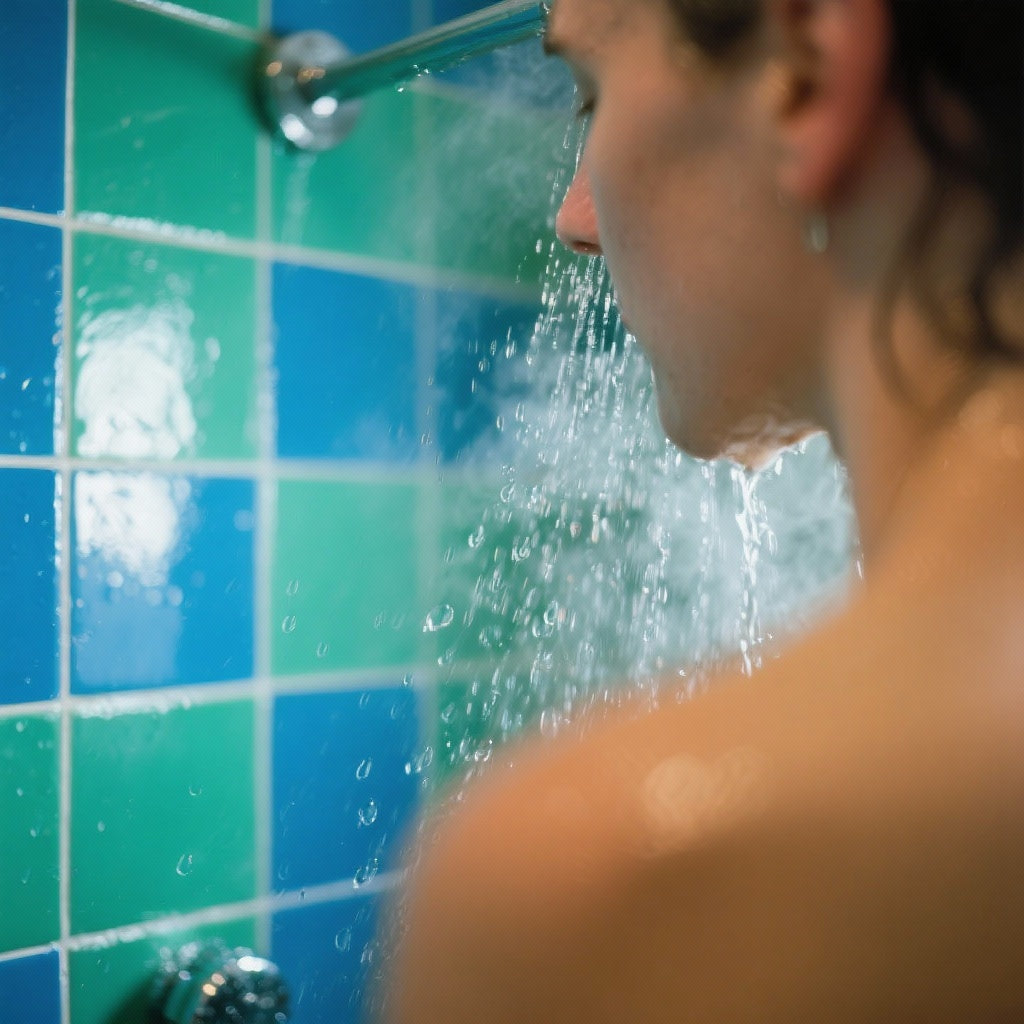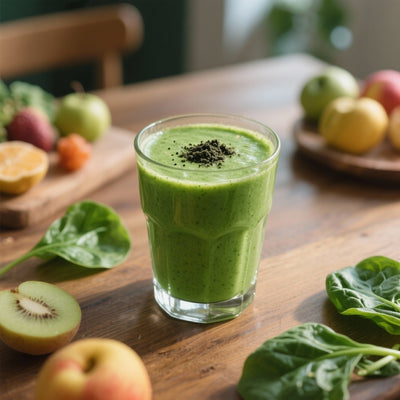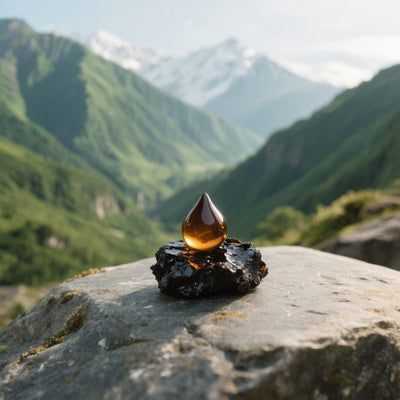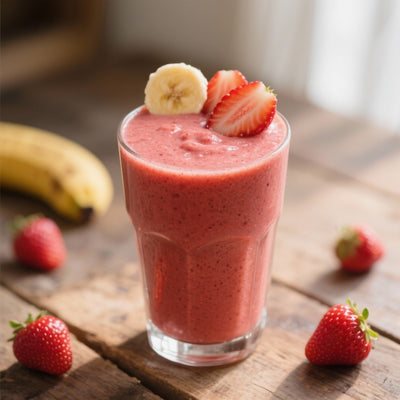Do people who take hot showers lose 20% of their energy: Myth or Reality?
A hot shower, a daily ritual for many, is often seen as a moment of relaxation and well-being. However, a crucial question arises: do people who take hot showers really lose 20% of their energy? While this claim may seem surprising, it raises an important point regarding the energy consumption associated with our use of hot water. This article explores this claim, separates fact from fiction, and offers concrete solutions to reduce your energy consumption while still enjoying your hot showers.
We'll take a detailed look at the amount of energy needed to heat water, the factors that influence this consumption, and the environmental impact of our showering habits. Finally, we'll share simple and effective tips for saving energy without sacrificing comfort. Get ready to delve into the world of energy and hot water, and discover how to adopt a more sustainable and economical approach to your shower routine.
Understanding Energy Consumption Related to Hot Water
Before quantifying potential energy loss, it is essential to understand how hot water is produced and how much energy this requires. Heating water is one of the main energy-consuming items in a household, representing a significant portion of the electricity or gas bill. Several factors influence this consumption, including the type of water heater (electric, gas, heat pump), its energy efficiency, the water temperature, and the duration of the shower.
An electric water heater, for example, uses a heating element to heat the water, directly consuming electricity. A gas water heater burns natural gas to heat the water. Heat pump water heaters, on the other hand, use the heat present in the ambient air to heat the water, making them more energy-efficient. The energy efficiency of a water heater is measured by its coefficient of performance (COP), which indicates the amount of heat energy produced relative to the electrical energy consumed. The higher the COP, the more efficient the water heater.
The Hot Shower: A Significant Energy Consumption Item
Taking a hot shower consumes a considerable amount of hot water, and therefore energy. The duration of the shower, the water temperature, and the showerhead's flow rate all influence the amount of hot water used. A longer, hotter shower will naturally consume more energy than a shorter shower at a moderate temperature.
According to ADEME (the French Agency for Ecological Transition), a 5-minute shower uses an average of 60 to 80 liters of water. If the water is heated to 40°C, this represents significant energy consumption. Multiplied by the number of daily showers in a household, the impact on the energy bill can be considerable. It is therefore crucial to be aware of your hot water consumption and adopt more economical habits.
20% Energy Loss: Where Does This Figure Come From?
The claim that people who take hot showers lose 20% of their energy is difficult to support with precise and universally accepted data. However, it highlights a reality: a significant portion of the energy used to heat water is wasted. This waste can take several forms:
- Heat loss from the water heater: A poorly insulated water heater loses heat, which requires more energy to maintain the water at the desired temperature.
- Heat loss in pipes: Hot water flowing through uninsulated pipes also loses heat, requiring the water to be heated further.
- Water waste: Leaving hot water running while waiting for it to reach the right temperature is a significant source of waste.
- Showers that are too long: Unnecessarily prolonging the shower increases the consumption of hot water and energy.
Solutions and Tips for Saving Energy in the Shower
Fortunately, there are many simple and effective solutions to reduce your energy consumption while still enjoying hot showers:
- Install an economical shower head: These shower heads reduce water flow without compromising comfort.
- Take shorter showers: Set yourself a maximum duration of 5 minutes.
- Lower the water temperature: A temperature of 38°C is generally sufficient.
- Insulating the pipes: This reduces heat loss.
- Maintain the water heater regularly: A limescale-encrusted water heater consumes more energy.
- Install a thermostatic mixer tap: It helps maintain a constant temperature and avoid sudden variations.
- Collecting rainwater: To supply toilets or the garden, thus reducing the demand for hot water.
"The cheapest energy is the energy you don't use." - Environmental adage
The Environmental Impact of Hot Water Consumption
Reducing your energy consumption for heating water isn't just good for your wallet; it's also an important step for the environment. Energy production, whether from electricity or gas combustion, generates greenhouse gas emissions that contribute to global warming. By reducing your hot water consumption, you lower your carbon footprint and help combat climate change.
Furthermore, water management is a major challenge of the 21st century. Preserving water resources and avoiding waste are essential to guaranteeing access to drinking water for all, today and tomorrow. By adopting more water-saving practices in the shower, you contribute to the preservation of this precious resource.
Adopting a Sustainable Approach to Hot Showers
The claim that people who take hot showers waste 20% of their energy may not be entirely true, but it raises a crucial point: the energy consumption associated with our hot water use is far from negligible. By being aware of this impact and adopting simple, effective habits, it's possible to significantly reduce your energy consumption, save money on your bill, and contribute to environmental protection. So, are you ready to take a more sustainable approach to your shower routine?











